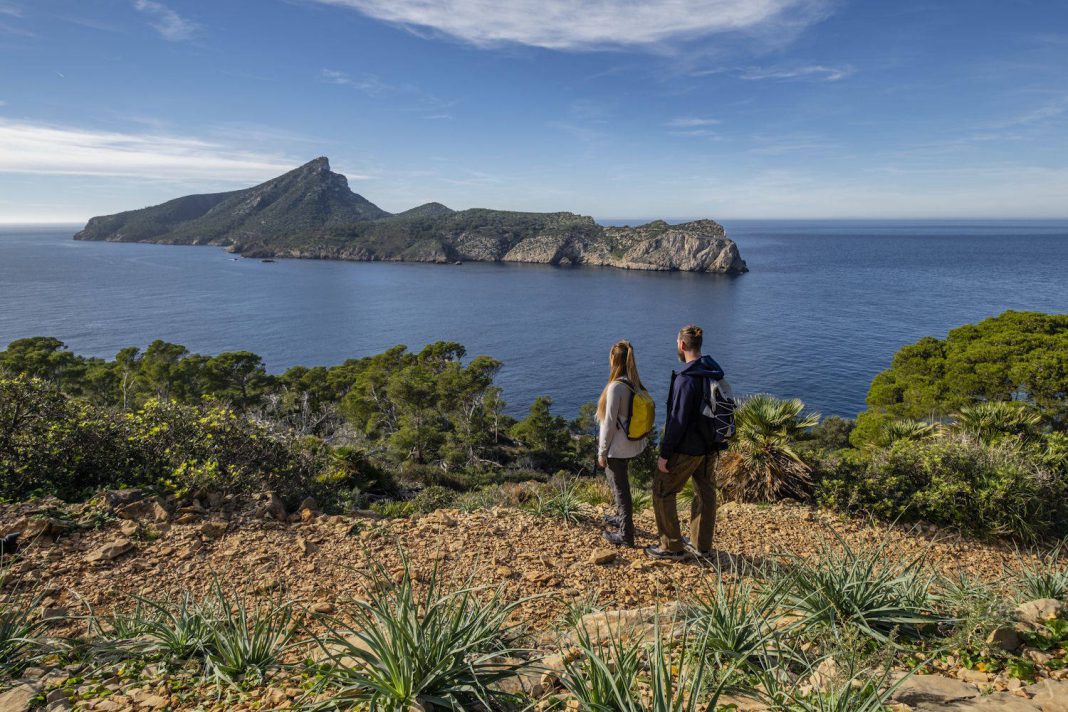Mallorca, the largest of Spain’s Balearic Islands, is positioning its rich natural heritage as a strategic driver for sustainable tourism growth, reinforcing its appeal as a 365-day destination.
The island’s diverse protected areas, including five natural parks and the UNESCO-listed Serra de Tramuntana, provide exceptional opportunities for nature-based tourism. From the birdwatcher’s paradise of S’Albufera to the marine biodiversity of Cabrera National Park, Mallorca offers an integrated portfolio of eco-tourism assets. Signature attractions such as the Torrent de Pareis canyon and the seasonal Fonts Ufanes springs further differentiate the destination in a competitive Mediterranean market.
Sustainability is central to Mallorca’s tourism strategy. Through the Mallorca Pledge, the island invites visitors, operators, and stakeholders to commit to responsible tourism practices, ensuring environmental preservation and community benefit. Initiatives encourage eco-conscious behavior, such as waste reduction, use of sustainable transport, water and energy conservation, and protection of fragile marine ecosystems like posidonia seagrass meadows.
Mallorca’s infrastructure, including Palma de Mallorca Airport with extensive European connectivity and short flight times from key source markets, supports both leisure and business tourism year-round. Mild winters and an established hospitality sector make the island an attractive option for shoulder-season and off-peak travel, opening revenue opportunities beyond the traditional summer peak.
For travel industry partners, Mallorca offers a compelling proposition: a destination where nature, culture, and sustainability align to deliver authentic Mediterranean experiences while safeguarding long-term tourism value. Industry stakeholders can engage with the island’s sustainability vision at www.mallorcapledge.com and explore partnership opportunities to shape the future of responsible tourism in Mallorca.


